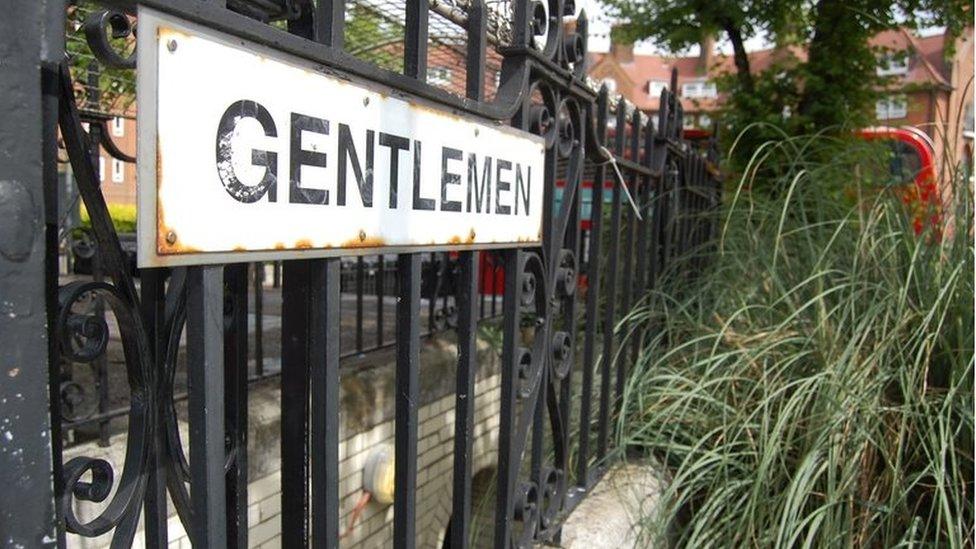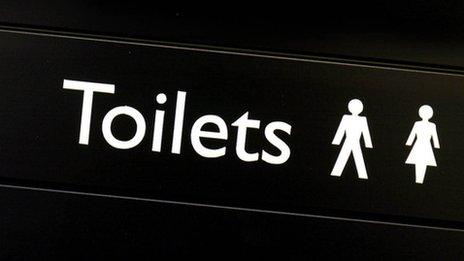BMA and RCN attack political 'games' on public health bill
- Published

Doctors and nursing unions have called on political parties "not to play games with the health of the nation" after the failure of the public health bill.
Plaid Cymru voted against the bill, including a partial e-cigarette ban, because of a row with Labour.
The British Medical Association (BMA) said it was "deeply disappointed" the bill had fallen at the final stage.
Tina Donnelly, Royal College of Nursing Wales director, called it "both disappointing and unsettling".
Dr Phil Banfield, BMA Welsh council chairman, said there had been "a huge collaborative effort over a number of years, to improve the health and well-being of the nation".
He added: "Alongside our nursing colleagues, we issue a joint call for all political parties present in the next assembly to put aside game playing and to come together to develop long-term, cross-party solutions to ensure the lasting health of the nation."
Other organisations involved in the legislation's consultation exercise expressed their disappointment.
Much of the controversy came over the plans to restrict the use of e-cigarettes in enclosed public places - with health organisations divided.
But the legislation also covered other public health areas where there was a general consensus.


A retail register was part of the plans
It would have created a national register of retailers of tobacco and nicotine products and restricted smoking in public playgrounds, school grounds and hospital grounds.
Suzanne Cass, chief executive of ASH Wales Cymru said it was "disappointed" the bill had fallen at the last hurdle.
"We know that smoking is an addiction of childhood, a classroom full of children take up smoking every day in Wales.
"The retail register would have been a fantastic opportunity to give enforcement agencies a clear idea of where tobacco is being sold legally and illegally."


The law would have created a mandatory licensing scheme for businesses and practitioners carrying out acupuncture, body piercing, electrolysis and tattooing.
It would also have prohibited intimate and tongue piercing on those under 16 years old.
Rik Stevens, president of the Tattoo and Piecing Industry Union said it was a "great pity."
"This has been stopped in its tracks and for no particular good reason - and not related to the workings of the bill."


It would have changed the way pharmaceutical services are planned to meet the needs of local communities - to help provide community services beyond just dispensing where there were gaps - such as stop smoking sessions, needle exchanges and support in tackling obesity.
Steve Simmonds of the National Pharmacy Association in Wales said he hoped the legislation regarding pharmacies could still be brought back and presented in its own right after the assembly election.
"There was a lot of loosely related legislation held together in one Bill but there was an expectation that it was going through.
"It's shame when something which would have made a difference to the health of the population has been sidetracked by what are essentially political considerations," he said.
"There was a lot of common sense stuff there."


Councils would have been expected to produce a local toilets' strategy and to involve shops and other businesses in providing "creative solutions" to meet local needs.
Graeme Francis, head of policy at Age Cymru, "regretted" the public toilet provisions would not become law and urged the next Welsh Government to go even further by making it a statutory duty for councils.
'Really good work'
"Public toilets are essential to making communities age friendly and a lack of them can have a debilitating effect on older people, preventing people from accessing key services and increasing loneliness and isolation," he said.
Julie Barratt, director of the Chartered Institute of Environmental Health in Wales, said she was "very disappointed" and said it would have made a big difference to public health over a wide area, from tattoo parlours to toilet provision.
"A lot of really good work has gone into this Bill over a long time - and it's disappointing particularly that it's not been lost over the minutiae of the detail but over politics."
"The work has been done, a great deal of consensus has been found on much of it and my hope is whatever colour party is in power or if there is a coalition it will be brought back.
"We would have seen these regulations being implemented by next year but now there will be at least a delay or maybe they've gone for good."
The public consultation to the legislation brought 238 responses from different organisations, an A to Z running from the Academy of Medical Royal Colleges Wales to Zandera, a e-cigarette manufacturer.
There were another 434 individual responses and another 766 people took part in a survey., external
- Published17 March 2016

- Published9 June 2015

- Published30 March 2014
